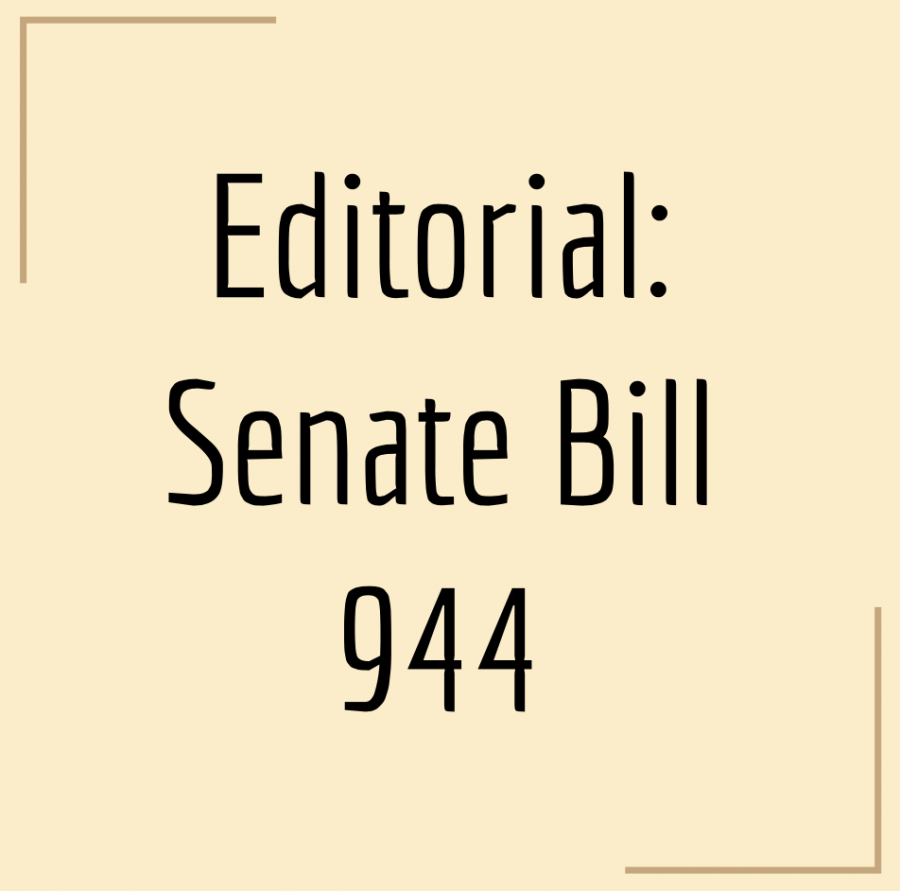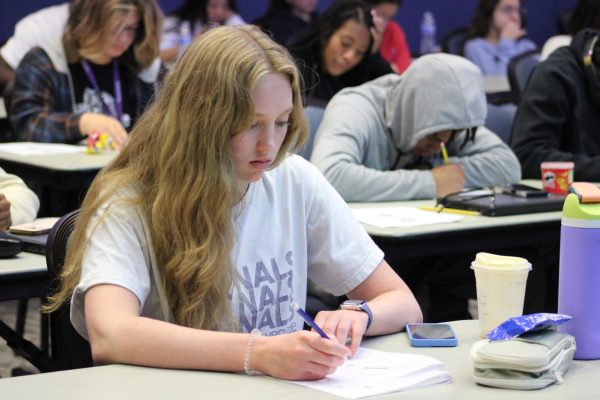Editorial: Communication Privacy, Senate Bill 944
After the Texas Legislature met last, it developed a law stating that any form of communication by employees regarding school-related business is the property of the district, which directly affects schools and school districts. Any contact must be done through district-approved apps, otherwise, each message must be documented and emailed to a district email address.
The Legislature should not have approved this law as it essentially does more harm than good for teachers, students and other members of educational institutions.
Teachers use everyday text messaging often to communicate with one another about lesson plans, assignments and everything else pertaining to their success as an educator. By forming a group chat or even having one-on-one conversations, teachers can come together to work through issues that may arise, all through a simple text message. With the addition of this law, however, coworkers are required to keep all communication via texting to a minimum and solely use email, or whatever app the district allows. This creates a hassle, making a long and hindersome process of something that could have been easily handled in a text.
Additionally, oftentimes district-approved apps are a nuisance to deal with. Either they don’t work without Wi-Fi, they are not available on all platforms or they are just plain difficult to use. This spurs the frustration of users while trying to get everyone on the same page, thus creating more and more challenges. Rather, with text messaging, it doesn’t require Wi-Fi connection; if something does not go through, you can opt to send it as an SMS message. Apps do not offer the same ease of communication.
While this law is better able to protect against inappropriate relations between students and teachers, many student organizations already use texting to get in touch with their adviser, director or sponsor. For example, student trainers often need to contact head trainer Andy Starnes when dealing with a serious injury. If he is not right there, the injured student’s life could be at risk simply because time spent searching for the trainer or using an app took much longer than text messaging. Furthermore, if a student was in desperate need to contact their adviser and did use a district-approved app, there is no assurance that it truly notified the recipient. A text will always pop up on someone’s screen, but many apps require their users to allow permission to send notifications, which often gets overlooked.
This new law is essentially putting a halt to any communication relating to all district business, but it does not seem to offer a major positive effect; if anything, the negatives outweigh those positives.Though this law cannot be overturned until the next legislative session (January 2021), individual districts can help short-term by permitting similar apps to texting such as WhatsApp and GroupMe.
Students, teachers and anyone else impacted by this new rule should work with the district to attempt to grant access for those easier-to-use apps, until the legislation meets again.
















